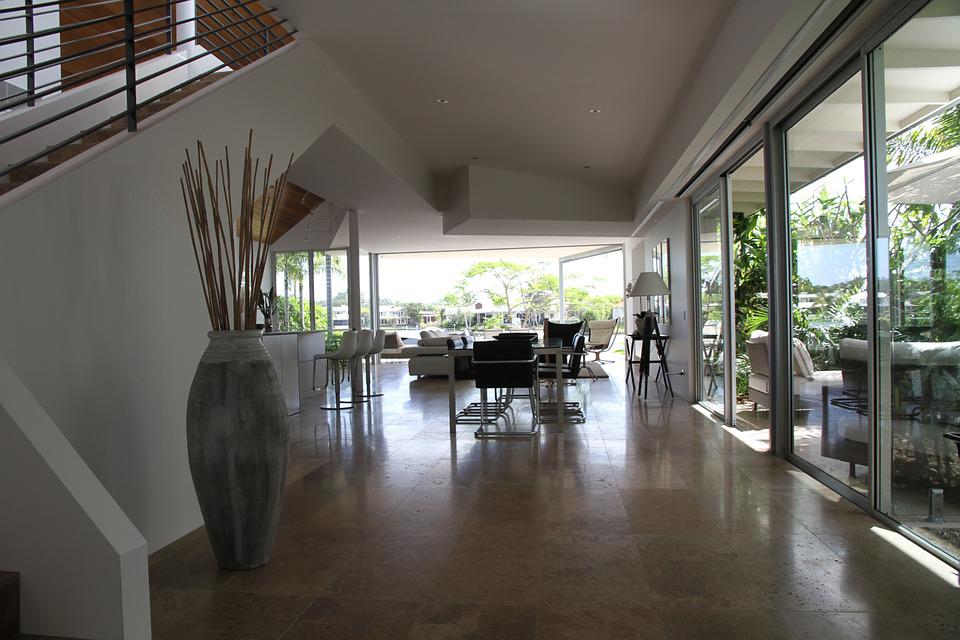Looking for a way to open up your space and add some natural light? Glass wall systems might be the perfect solution for you! Here is everything you need to know about glass walls, including their benefits, types, and installation process. Keep reading to learn more.
Benefits of glass wall systems:
There are many benefits to glass wall systems, including:
-They can help increase the amount of natural light in your space.
-They can create the illusion of a larger space.
-They can be used to divide a large room into smaller sections.
-They are easy to clean and maintain.
-They are typically made from high-quality materials that will last for years.
Types of glass wall systems:
There are two main types of glass wall systems:
-Frameless glass walls: These walls are made without the use of metal frames. They are held in place by clamps or brackets that are attached to the wall.
- Framed glass walls: These walls are made with metal frames that support the glass panels. The frame can be made from aluminum, steel, or wood.
How to install glass wall systems:
Installing glass wall systems is a relatively simple process. However, it is important to hire a professional contractor to ensure that the job is done correctly. The first step is to measure the space where the glass wall will be installed. Next, the contractor will prepare the area by installing tracks or channels on the floor and ceiling.
After the tracks or channels have been installed, the glass panels can be placed into them and secured. Finally, the contractor will install seals around the edges of the glass to ensure that it is properly protected from weather and pests. Glass wall systems can be an attractive addition to any home or office.
They provide a clean and modern look while still allowing natural light to enter the space. If you are considering adding glass wall systems to your property, be sure to hire a professional contractor to ensure that the job is done correctly.
What are these systems good for?
Glass wall systems are most commonly used in office settings, as they provide a way to divide workspace while still allowing employees to see each other and collaborate. They can also be used in homes to create a more open floor plan or to add privacy to certain areas. Glass wall systems can be either stationary or operable, meaning that they can be opened and closed as needed.
Operable glass wall systems are often used in conference rooms so that the space can be opened up for events or closed off for privacy. Stationary glass wall systems are typically used to divide workspace or as an interior design element. No matter what your needs are, glass wall systems offer a variety of benefits that make them worth considering.
For more information and buying options on glass wall systems, check online.










